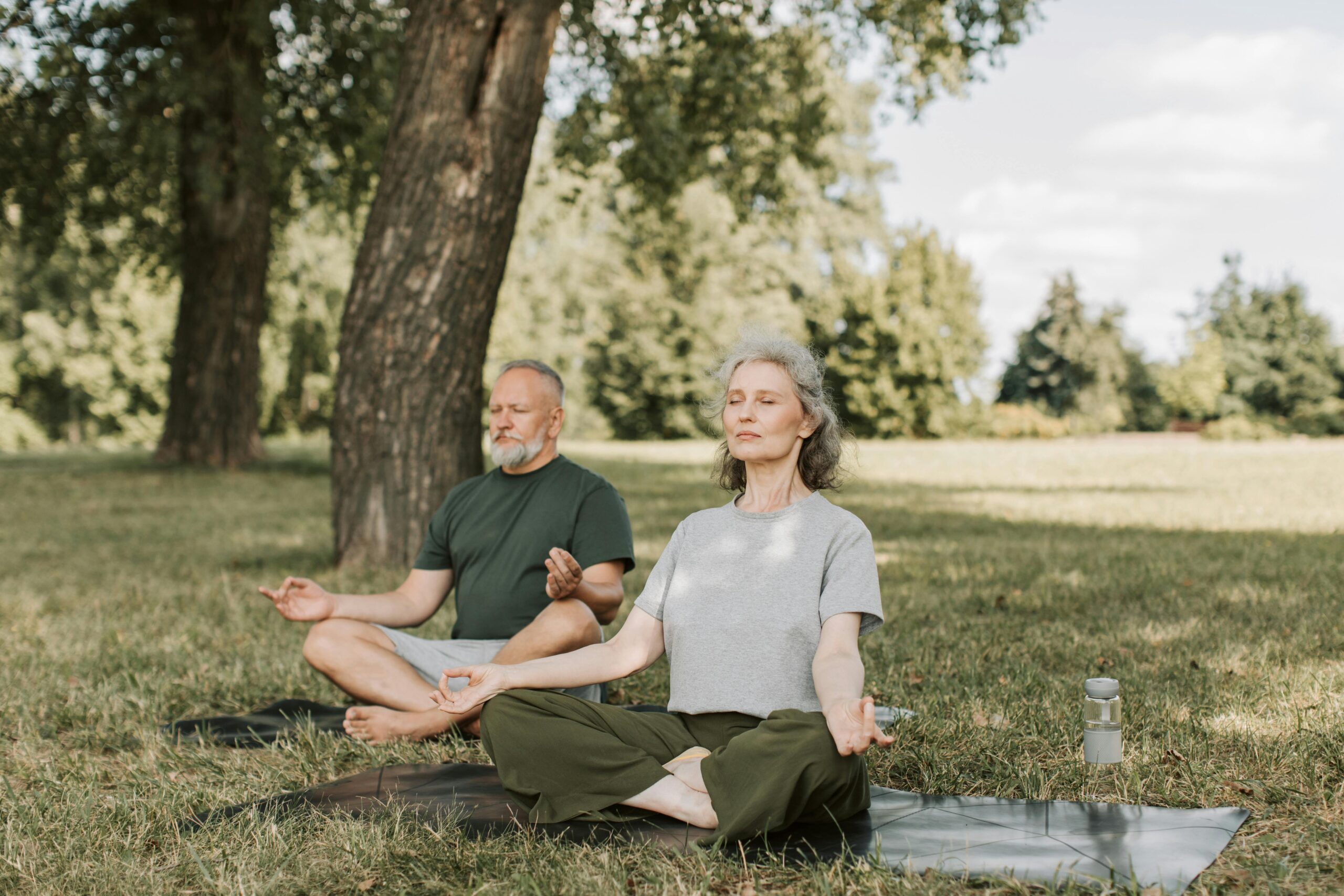“Relax!” You may hear someone say that to you due to everyday worries that add to stress levels in our lives, but sometimes that is easier said than done. Did you know there is a new concept called “active relaxation” which you can practice to reduce anxiety?
When we actively relax, we intentionally reduce our level of agitation. This can involve slowing our breath, relaxing our muscles, controlling our thoughts, or some combination of all of the above,” said experts at the University of Arizona.
As opposed to passive relaxation, which may consist of reading a book, watching TV, or hanging out on the couch, active relaxation does more to reduce levels of stress. “Activation of the relaxation response has been shown to increase energy and focus, combat illness, relieve aches and pains, heighten mental alertness, and boost motivation and productivity,” said Jupiter Counseling.
You can actively relax by employing strategies that focus your body and mind. Harvard Health recommends certain activities which have proven to be successful.
These include:
Breath focus: “Take long, slow, deep breaths (also known as abdominal or belly breathing). As you breathe, you gently disengage your mind from distracting thoughts and sensations.” In addition, Jupiter Counseling recommends these techniques as you breathe. “Breathe in through your nose. The hand on your stomach should rise. The hand on your chest should move very little. Aim to slowly inhale for a count of 5 seconds.”
“Exhale through your nose, pushing out as much air as you can while contracting your abdominal muscles. The hand on your stomach should move in as you exhale, but the other hand should move very little. Aim to exhale slowly for a count of 8 seconds.”
Body scan: “After a few minutes of deep breathing, you focus on one part of the body or group of muscles at a time and mentally releasing any physical tension you feel there. A body scan can help boost your awareness of the mind-body connection.”
Guided imagery: “Conjure up soothing scenes, places, or experiences in your mind to help you relax and focus. You can find free apps and online recordings of calming scenes — just make sure to choose imagery you find soothing and that has personal significance.”
Mindfulness meditation: “[Sit] comfortably, [focus] on your breathing and [bring] your mind’s attention to the present moment without drifting into concerns about the past or
the future. This form of meditation has enjoyed increasing popularity in recent years.”
Yoga, tai chi or qigong: “These three ancient arts combine rhythmic breathing with a series of postures or flowing movements. The physical aspects of these practices offer a mental focus that can help distract you from racing thoughts.”
Repetitive prayer: “Silently repeat a short prayer or phrase while practicing breath focus. This method may be especially appealing if religion or spirituality is meaningful to you.”
In addition to these techniques, practicing certain healthy habits can help you relax more easily. These include a healthy diet, regular exercise, practicing self-love and kindness, and nurturing personal relationships.
“Rather than choosing just one technique, experts recommend sampling several to see which one works best for you,” said Harvard Health. “Try to practice for at least 20 minutes a day, although even just a few minutes can help. But the longer and the more often you practice these relaxation techniques, the greater the benefits and the more you can reduce stress.”

